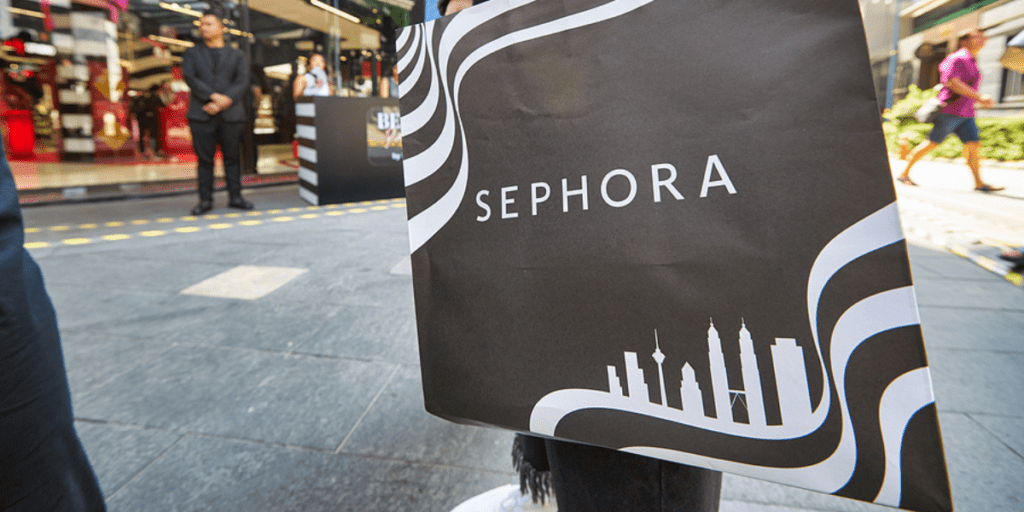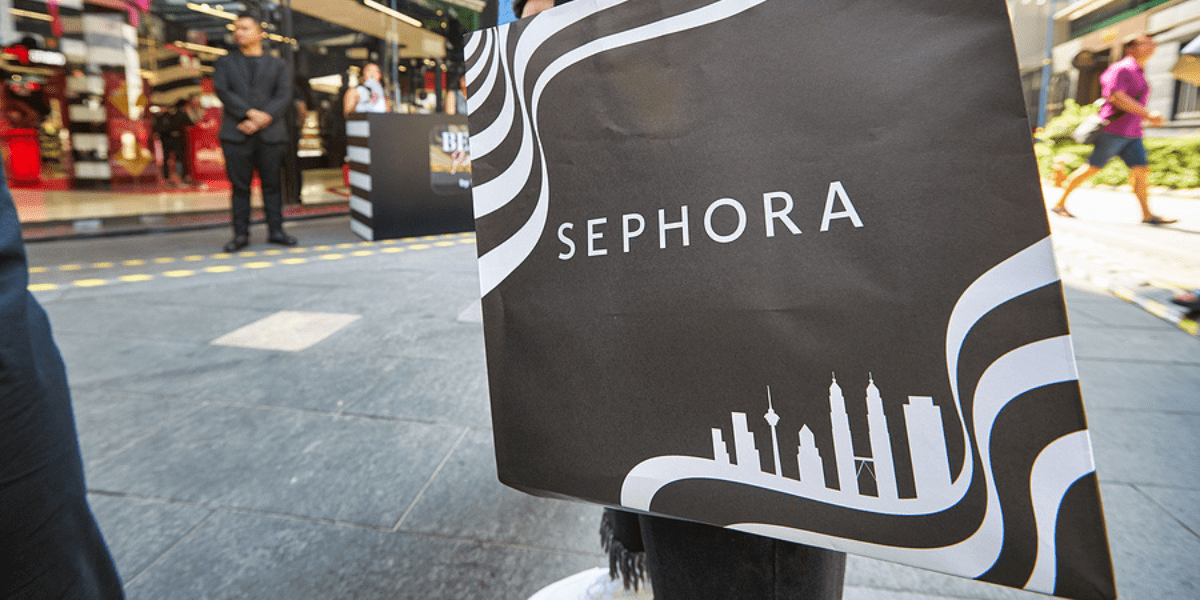
Sales tax regulations have become a significant concern for both businesses and consumers. A recent case involving the beauty retailer Sephora USA, Inc. (Sephora) sheds light on the repercussions of collecting an improper amount of sales or use tax. Though Sephora has not admitted any wrongdoing in this settlement, the company’s agreement to pay over $1.77 million to resolve claims of overcharging taxes on Missouri purchases serves as a lesson for all people involved. The Sephora case creates certain implications for businesses, reveals the cost of neglecting sales tax compliance and epitomizes the power consumers have in holding companies accountable.
Key Takeaways:
- Sephora settled a class action lawsuit that alleged the beauty retailer’s sales tax practices caused Missouri shoppers “financial injury” for $1.77 million
- Consumers affected are eligible to receive a cash payment determined by the excess tax they were charged and payments will vary
- Businesses must be aware that misunderstanding sales and use tax regulations can lead to severe financial and legal consequences as well as damage to your reputation
- Consumers, through the internet and social media, have more ways to voice their dissatisfaction and coordinate with each other to investigate potential wrongdoing
What Is the Sephora Missouri Tax Settlement?
Sephora, a popular beauty retailer, recently settled a class action lawsuit for overcharging sales/use tax to customers in Missouri. The settlement covers purchases made on Sephora’s website between March 1, 2015, and June 30, 2021. The problem lies in Sephora charging a tax rate higher than Missouri’s vendor’s use tax rate for products shipped from outside of Missouri to a delivery address within the state. The vendor’s use tax rate is typically less than the sales tax rate for the same jurisdiction.
The class action lawsuit alleged that Sephora’s sales tax practices caused “financial injury” to Missouri shoppers. Sephora has not admitted any wrongdoing in agreeing to a $1.77 million settlement to resolve these allegations. Under the terms of the settlement, affected consumers can receive a cash payment based on the excess tax they were charged. Payments varied depending on the original tax amount and the number of participating class members.
Lessons for Businesses
The Sephora case shows the importance of accurate sales tax compliance for businesses of all sizes. Sales and use tax complement each other, but businesses must understand the difference between them, as the rates can be significantly different. Misunderstanding sales/use tax regulations can lead to financial consequences, legal actions and reputational damage. This case serves as a reminder to businesses to accurately tax their products and services.
Customers Holding Companies Accountable
Though errors such as this one are not all that uncommon, the Sephora case shows the power of consumers in holding companies accountable. With the rise of social media and online reviews, customers can voice their dissatisfaction with a company’s practices and start investigations into potential wrongdoing. The Sephora case shows the impact of public perception and consumers on business in today’s market.
Businesses are now operating in an environment where consumers are not only concerned about the quality of products and services but also about the business practices of the companies they support. The Sephora case stands as a reminder that sales tax laws are not only a legal obligation but also a crucial component of maintaining a positive brand image and retaining customers.
Anders State and Local Tax advisors keep a close eye on sales and use and state and local tax legislation to better inform and advise. To better understand your tax liability, and the associated fees, reach out to an Anders advisor below.




